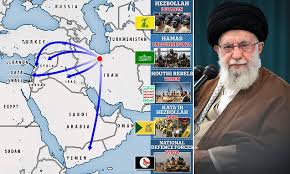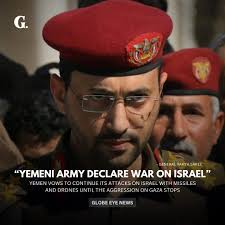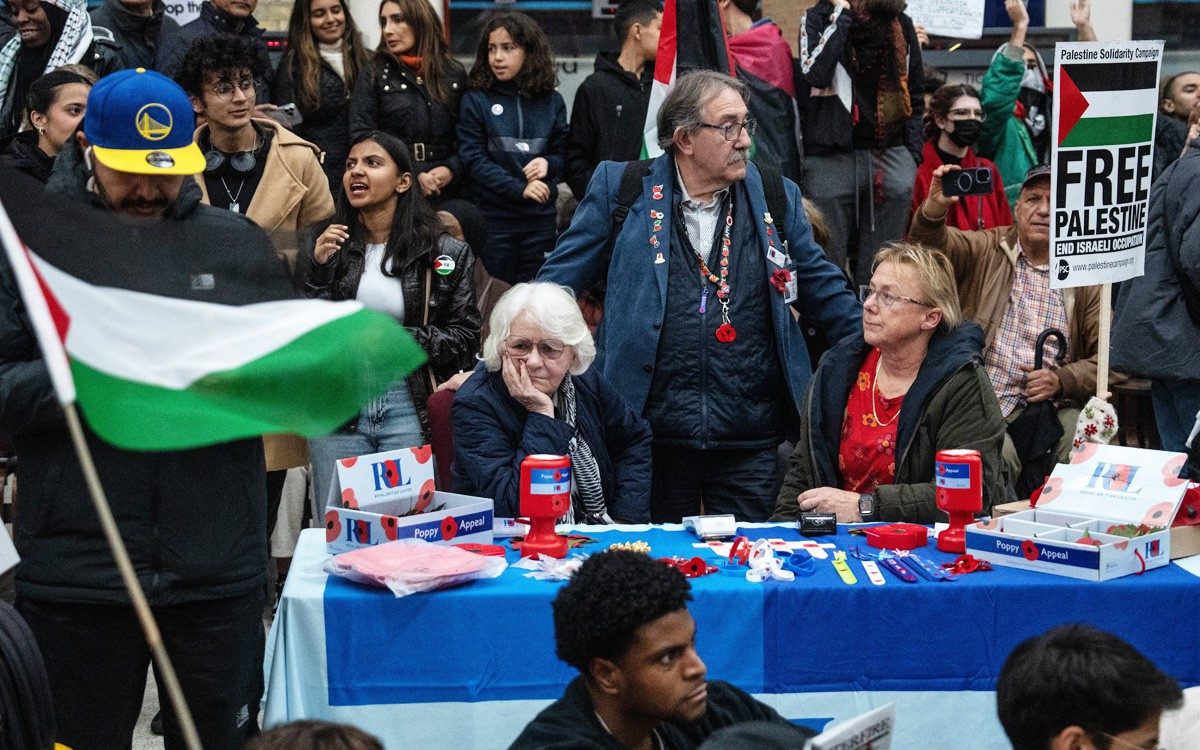In my latest #TankieTears I'll introduce you to Irish politician and MEP: Mick Wallace.
He aligns himself strongly with another Irish MEP, Clare Daly, and his love for both Russia and China has been evident in his recent comments and appearances.
1 of 20
He aligns himself strongly with another Irish MEP, Clare Daly, and his love for both Russia and China has been evident in his recent comments and appearances.
1 of 20

His political career started at the Irish 2011 general election, and he was elected as an MEP in the 2019 European Parliament election. Wallace falls to the general category of "anti-imperialists", basically meaning anti-US and NATO.
2 of 20
2 of 20

Wallace's views also line up perfectly with folk from the fake news blog The Grayzone: he's supported Venezuela, China, Russia, Belarus and Syria during his period as an MEP.
So if there's an authoritarian regime somewhere, it probably has Mick's support!
3 of 20
So if there's an authoritarian regime somewhere, it probably has Mick's support!
3 of 20
https://twitter.com/NaomiOhReally/status/1515228143086354435
He called the Belarusian presidential candidate Svetlana Tikhanovskaya a "pawn of Western neoliberalism", and Venezuelan opposition leader Juan Guaidó an "unelected gobshite".
In 2021, he visited the HQ of "Popular Mobilization Forces" an Iraqi militia supported by Iran.
4 of 20
In 2021, he visited the HQ of "Popular Mobilization Forces" an Iraqi militia supported by Iran.
4 of 20
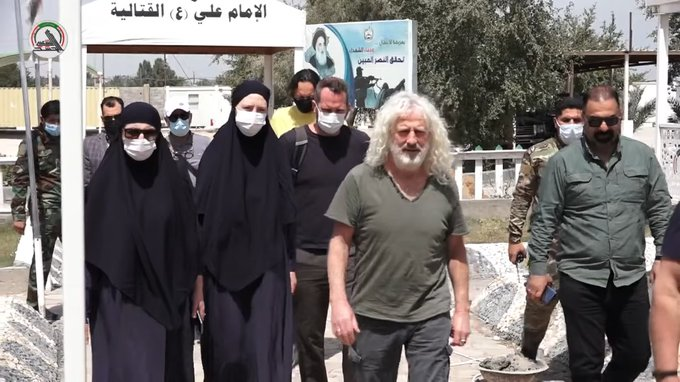
He also blamed the Syrian volunteer organization "White Helmets" - who have revealed several atrocities by the al-Assad troops in Syria, including bombings of hospitals - being corrupt and "paid for by the US and UK to carry out regime change in Syria".
5 of 20
5 of 20
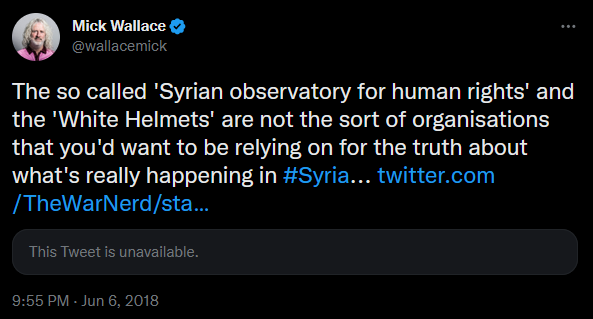
He was also one of the few MEPs who voted against condemning Nicagarua's Daniel Ortega for his human rights violations.
Wallace attempted to wipe out parts about the Russian involvement in the shooting down of MH17, which stirred up some emotions inside his MEP party.
6 of 20
Wallace attempted to wipe out parts about the Russian involvement in the shooting down of MH17, which stirred up some emotions inside his MEP party.
6 of 20
He was also one of the few MEPs who voted against condemning Nicagarua's Daniel Ortega for his human rights violations.
Wallace attempted to wipe out parts about the Russian involvement in the shooting down of MH17, which stirred up some emotions inside his MEP party.
7 of 20


Wallace attempted to wipe out parts about the Russian involvement in the shooting down of MH17, which stirred up some emotions inside his MEP party.
7 of 20
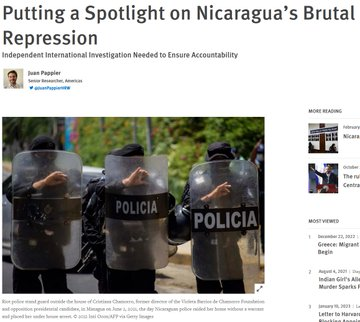
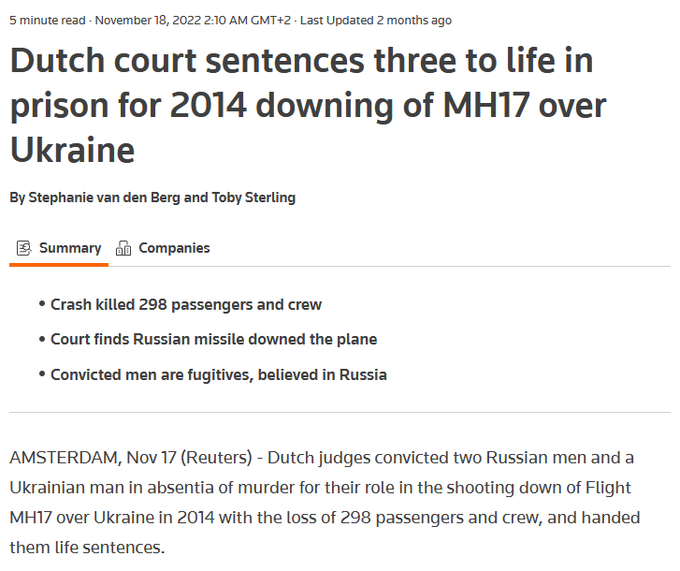
He's also criticized the sanctions imposed on Russian individuals by the US and EU as being illegal and not complying to the UN Charter. Mick has also attended protests supporting Algirdas Paleckis, a Lithuanian politician who was convicted of spying on behalf of Russia.
8 of 20
8 of 20
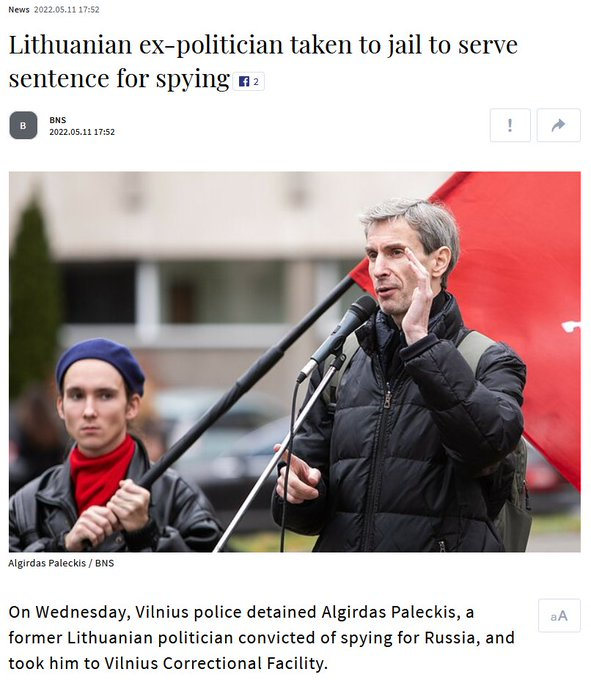
He's also voted against Ukraine aid packages, demands of Putin to withdraw Russia's troops from Ukraine and against a resolution to declare Russia a state sponsor of terrorism.
In Mick's defense, he's also called for peace negotiations between Russia and Ukraine.
9 of 20
In Mick's defense, he's also called for peace negotiations between Russia and Ukraine.
9 of 20
Oddly, like so many other vatnik, this support started only after Russia's illegal annexation of Donetsk, Kherson, Luhanks & Zaporizhzhia oblasts.
Mick Wallace doesn't love just Russia - he also puts a lot time and effort to supporting China's geopolitical goals.
10 of 20
Mick Wallace doesn't love just Russia - he also puts a lot time and effort to supporting China's geopolitical goals.
10 of 20
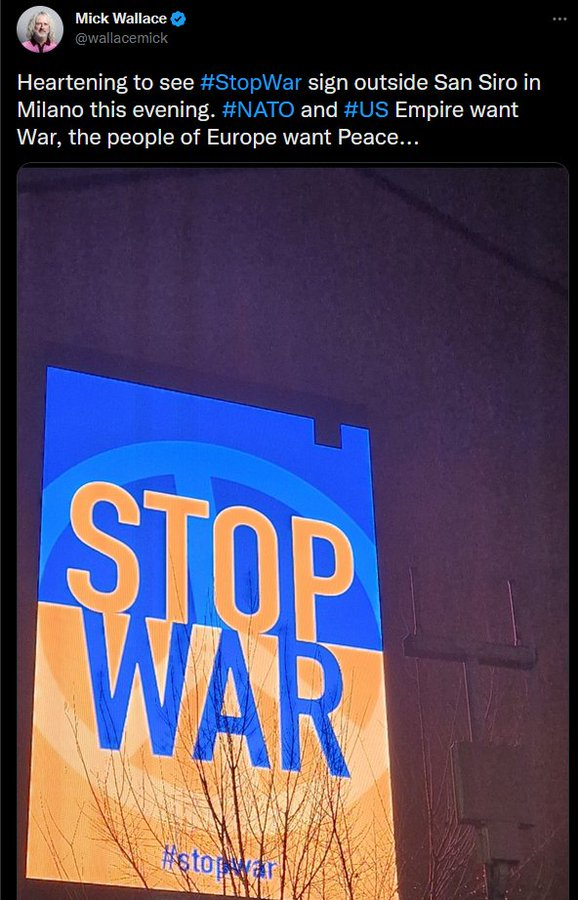
He downplayed the Uyghur concentration camps and called the reports on them "grossly exaggerated". In 2021 he stated that there is no solid evidence of the existence of these camps. Overwhelming evidence about the existence of these camps have been presented since 2017.
11 of 20


11 of 20

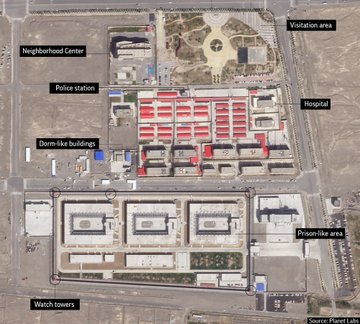
In an interview by the Global Times,a Chinese state-run newspaper,he said that China "takes better care of its people" than the EU.Mick's also in the "Taiwan is part of CCP" gang. He's been featured the most in Chinese-language news articles than any other Irish person.
12 of 20
12 of 20

Wallace's company declared bankruptcy on Dec 2016 with debts of 30 million EUR. Mick seems to be very bad with money in general: in 2012 it emerged that his company forgot to pay 2.1 million EUR in taxes. Later on he admitted "fiddling" his company's VAT returns.
13 of 20


13 of 20

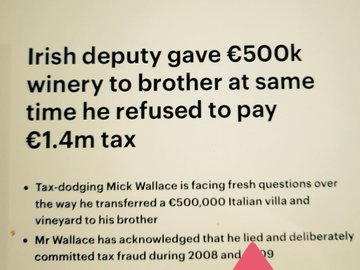
The Irish Examiner dug up an interview the Wexford TD did with Business and Finance magazine in 2005 and what it details is the last thing that the beleaguered former builder needs right now.
14 of 20breakingnews.ie/ireland/wallac…
14 of 20breakingnews.ie/ireland/wallac…
The paper carries an excerpt from that interview where Wallace talks about how he collected some monies owed to him.
15 of 20
15 of 20
"So I knew of a guy [who] made a living out of a gun," he states in the interview. "I made contact with him and said: ‘Listen, there’s a guy owes me £20,000 — will you get it for me?’ He said he would give me £16,000 and keep £4,000.
16 of 20
16 of 20
Bad financing seems to be almost an epidemic among pro-Russian actors...
Mick was going speak at the NO2NATONO2WAR event in Feb, 2023 with The Grayzone gang and other vatniks, but the venue cancelled their booking.
17 of 20
Mick was going speak at the NO2NATONO2WAR event in Feb, 2023 with The Grayzone gang and other vatniks, but the venue cancelled their booking.
17 of 20

Both Wallace and Daly have given support to authoritarian regimes ranging from Russia to China, with Belarus in between.
18 of 20
18 of 20
https://twitter.com/NaomiOhReally/status/1515265125879582720
Credit for inspiration for these posts goes to Pekka Kallioniemi who has an extensive library of posts calling out pro-Moscovite actors and propagandists. See Pekka's profile on ?… and his library of posts on
19 of 20twitter.com/P_Kallioniemi
vatniksoup.com
19 of 20twitter.com/P_Kallioniemi
vatniksoup.com
• • •
Missing some Tweet in this thread? You can try to
force a refresh



